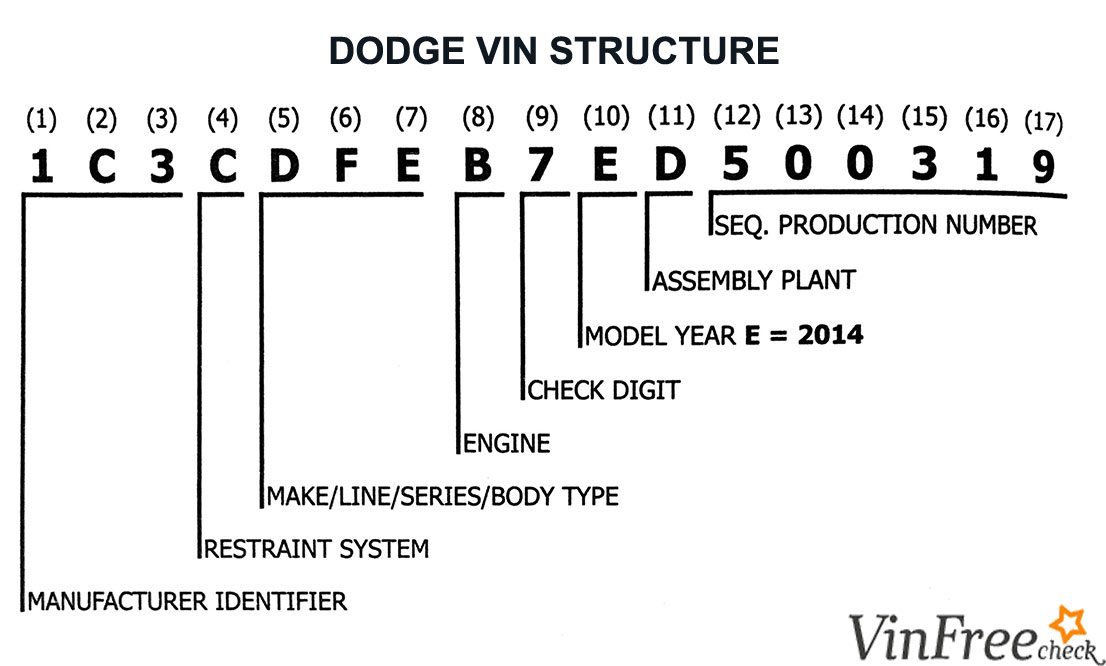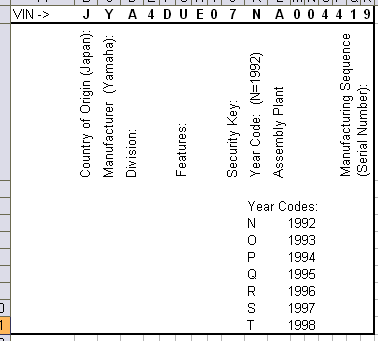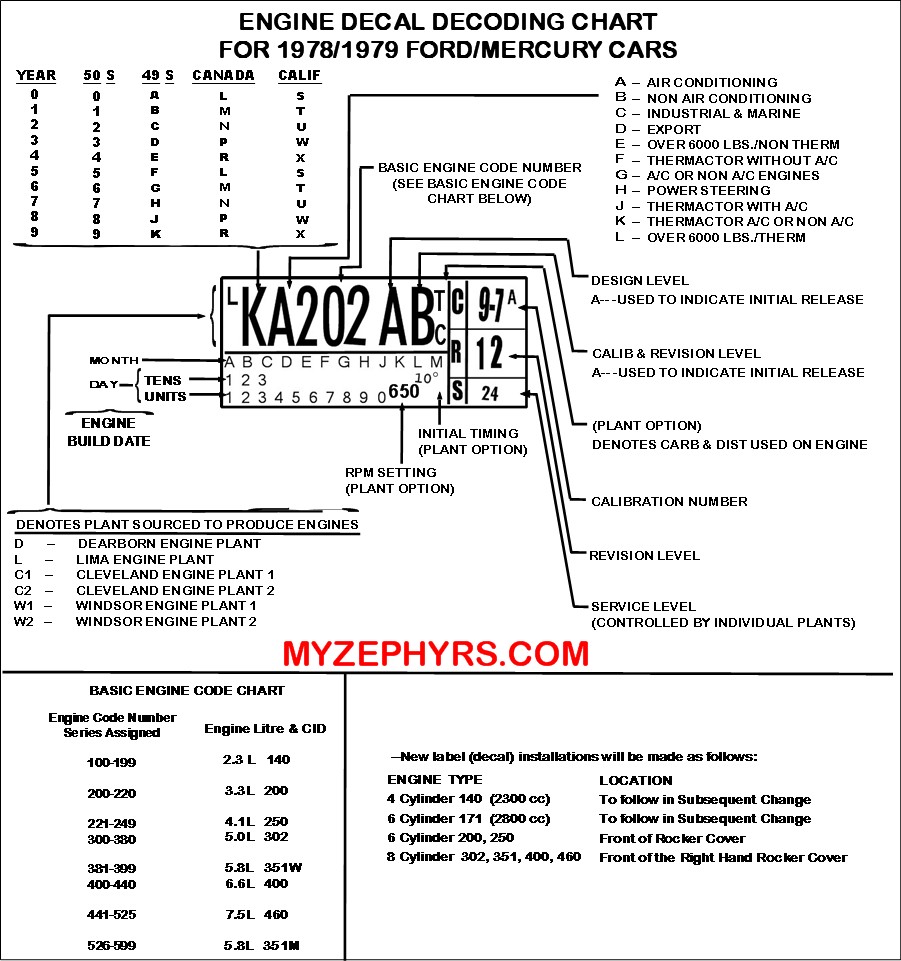

In the early years, VINs were determined by the vehicle's manufacturer.
#CLASSIC VIN NUMBER LOOK UP LICENSE#
This can often lead to more detailed information on license plates, VIN numbers, and additional owners of the vehicle that may help you to continue your search.Vehicle identification numbers (VIN) have been a requirement for all vehicles within the United States since 1954. Gathering information through search engines.

If you have the address or name of the person your car was sold to, get in contact by searching: In addition to posting a search history, locating previous owners of the vehicle can provide valuable information that can help you find your car.

Facebook or other social media outlets.Use any car club that features your model of vehicle.A search history is an ad that typically features a short description or story related to the vehicle you're searching for.
#CLASSIC VIN NUMBER LOOK UP SERIAL#
If you don't have a VIN or serial number, try posting a search history on the vehicle. Typing your VIN into a search engine such as Google, Yahoo, or Bing.Using a VIN check site that specializes in older vehicle databases.If you have a VIN or serial number, start your search by: Locating an old car or truck you used to own can be a challenge with or without an accurate VIN. Information relating to the interior design of the vehicle.Information relating to original body, engine, and transmission type.If you own the vehicle, the state DMV where the car or truck is registered may be able to help you locate the VIN in some cases.It's a good idea to search old photographs for: While some of this information may not directly lead to a VIN number, it can provide valuable information on the history of a vehicle. If you aren't able to locate a vehicle's VIN through these methods, you might want to try searching through old photographs. VIN information might be available if the vehicle was ever involved in an accident.Repair receipts are also a possibility.Either your insurance company or a previous owner's.The bank from which the loan was obtained may also have this information on file.If the VIN plates and stickers are missing, or if you don't know the VIN of an old car or truck you used to own, there are several ways you can locate a particular vehicle's VIN, such as: Your first step to locating an older vehicle or obtaining more information about a particular vehicle's history is to obtain an accurate VIN or serial number. Because older cars and trucks typically have a larger monetary value, the risk is often greater-especially if you don't have any way of knowing basic information of a car or truck's history. Like any used car, it's important to know as much about a vehicle's history as possible. Determining an accurate value for a vehicle before you decide to sell.Obtaining production numbers for rare or special edition vehicles.Getting the exact history for an old car you already own.



 0 kommentar(er)
0 kommentar(er)
